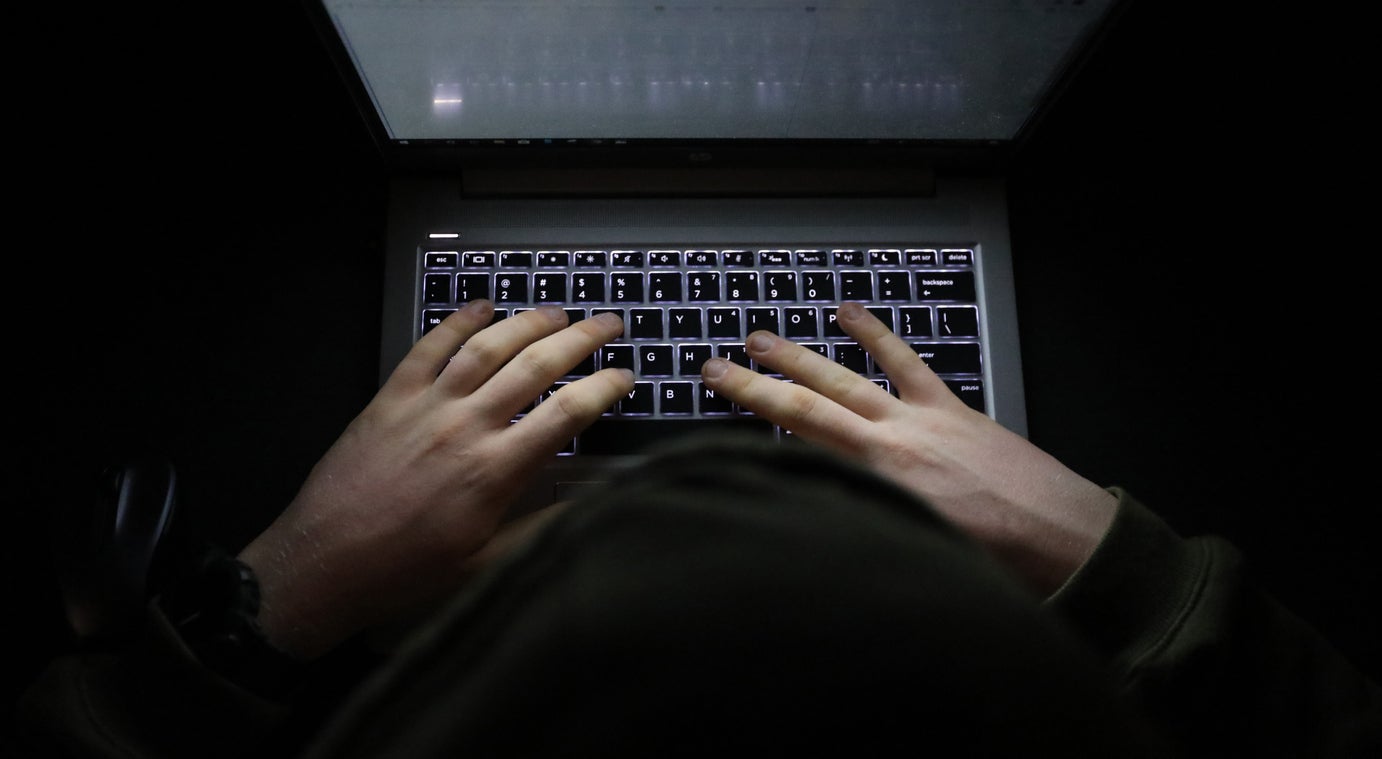Paedophiles coercing children as young as 7 into sharing videos of themselves online, charity warns
‘Self-generated’ material created by primary school age children rocketing amid ‘digital emergency’

Paedophiles are duping children as young as seven into taking photos and videos of themselves and sharing them online, a charity has warned.
The Internet Watch Foundation (IWF) has recorded a 360 per cent increase in “self-generated” child sexual abuse images showing children aged between seven and 10 since 2020.
It has called for the government, technology firms, police and education bodies to tackle the “digital emergency”.
IWF chief executive Susie Hargreaves said abusers were targeting children in their family homes in ways that should be “entirely preventable”.
“Children are not to blame - they are often being coerced, tricked or pressured by sexual abusers on the internet,” she added.
“Only when the education of parents, carers and children comes together with efforts by tech companies, the government, police and third sector, can we hope to stem the tide of this criminal imagery.”
The IWF, which runs a hotline to combat child sex abuse images, has been alerted to horrific examples where primary school-age children appear to be filming themselves at the instruction of someone communicating with them online.
The charity said the fastest increases in self-generated images detected were among seven to 10-year-olds, while the largest proportion was made up by children aged 11 to 13.
After being sent to individuals or posted on publicly accessible accounts, the content is then distributed through online forums used by paedophiles.
The home secretary said she was supporting police and the National Crime Agency to pursue “disgusting offenders who abuse children both in the UK and abroad”.
Priti Patel added: “Online child sexual abuse has a lifelong effect on victims. I have pursued policies and actions to ensure technology companies are held accountable for keeping our children safe.”
Ian Critchley, the national police lead for child protection, said technology companies and platforms must “fulfil their moral obligations” and keep children safe.
He added: “The scale of the rise in this imagery should shock us all – and once again highlights the need to drive focus within society, and in our whole system response.”
Mr Critchley said the effects of Covid lockdowns were still being seen, after children were left more vulnerable to online sexual abuse while spending more time on the internet, unsupervised and with less access to teachers and other professionals.
“Policing restates its commitment to bringing offenders to justice but the responsibility for this goes far beyond policing and ultimately the biggest difference could and should be made by the tech companies and platforms who have made these online communities and ultimately should be the ones who are held to account for keeping children using them safe,” he added.
The National Crime Agency said paedophiles were using online games and social media platforms to seek out children and coerce them into sharing sexual images of themselves.
Sarah Blight, the deputy director for child sexual abuse, said: “We have a permissive environment for them to develop their sexual interest in children and normalise their behaviour.
“Combatting this ever-increasing threat is a priority for the NCA and UK policing. Our coordination of the overall UK law enforcement response to online CSA saw 13,447 children protected or safeguarded and 10,181 offenders arrested or interviewed last year.
“Education is also a key part of our response and we work with professionals, parents and carers, children and young people, to try and prevent online sexual abuse happening in the first place.”
The government is introducing an amendment to the Online Safety Bill to strengthen Ofcom’s powers on legal notices that order takedowns of child sexual abuse images.
It will be able to require companies to deploy technology to prevent, identify and remove content and put effective systems in place.



